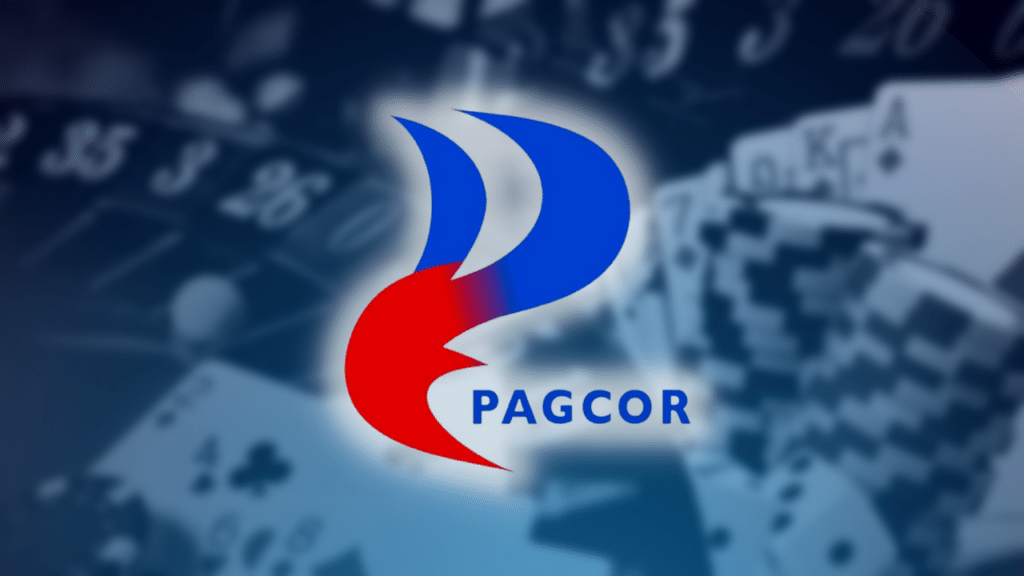
INQUIRER FILE PHOTO
MANILA, Philippines — The Philippine Amusement and Gaming Corporation (Pagcor) remains open to the possibility of an improved and enhanced version of online gaming, even with the complete prohibition of Philippine offshore gaming operators (Pogos).
Pagcor Chairman and chief executive officer Al Tengco said this at the deliberations of the corporation’s contributions to the budget before the House of Representatives committee on appropriations.
President Ferdinand Marcos Jr. issued a total ban on Pogos last July 22 in his third State of the Nation Address (Sona) due to the problems that they have brought to the country. This ban however would include even the 43 operators that were found to be in compliance with laws.
“So while the mandate today, the instruction of the President today is to wind down the operations of all till the end of the year, but who knows, maybe later on we can study and see if it’s possible to have a sort of an upgraded version,” Tengco said.
The Pagcor chief’s statements came after Northern Samar 1st District Rep. Paul Daza asked him if there was a chance that the government could learn from its experience in managing Pogos and then eventually apply it later on.
Daza also compared Pogos to software, which might eventually get better after some time.
“Now in most industries, Chairman, we improve the product, right? Like when Microsoft Word came out, we have the version one, 1.1, I think it is currently in version 10,” Daza said.
“Is it in Pagcor’s mandate now — because we had a problem with Pogos — couldn’t we create now a better version of Pogo that will now encourage a level up, learn from experience, weed out the bad elements, come up with a better version that would help the economy?” he asked.
In response, Tengco said they had been doing that even before Marcos issued the ban, saying it was the reason why Pogos were reduced from 298 in the past administration to just 43.
All of these 43 operators, he said, were doing business within the bounds of laws.
“We actually, Congressman Daza, that was a mandate to myself as Chairman and with the new administration. That’s why if you would notice, from 298 during the time of last administration, licensees, we had purged and weeded it down to 43,” he said.
“It is of my belief, and up to the time that the President made an announcement, that the 43 legal operators were doing legitimate business and it was giving the government coffers revenue and providing employment to hundreds of thousands of people, directly or indirectly,” he added.
Daza agreed with Tengco’s views, noting that the industry was really affected by some companies that gave it a bad reputation.
“Well, I would encourage you to do that because I think there’s a golden opportunity for the Philippines, for the country, that the industry as we know for many reasons just give it a bad name, and my principle is we learn from mistakes, from experience, and we come up with a better version,” the lawmaker said.
Marcos’ declaration of a total ban on Pogos gained a standing ovation during his Sona. Despite this, some personalities and observers expressed concerns about the potential revenue loss if Pogos were banned and the number of workers that would lose their jobs.
However, many financial firms and lawmakers have noted that the total ban on Pogos would not hurt the government’s revenue-generation measures. After Marcos’ Sona, Leyte 4th District Rep. Richard Gomez said this P7 billion loss is a small amount compared to the problems that Pogos have caused.
Different measures to address the fallout from the Pogo ban were proposed. Tengco during the same hearing said that they are looking towards sparing special business process outsourcing (SBPOs) from the Pogo ban since they are not directly involved in getting bets.
This proposal, Tengco said, received a positive response from Marcos and members of the cabinet. If SBPOs are spared, 10,000 workers would not lose their jobs, according to the Pagcor head.
Deputy Speaker David Suarez earlier asked the Philippine Charity Sweepstakes Office (PCSO) to explore the possibility of having off-cockpit and in-cockpit betting sites for cockfighting — similar to the off-track betting (OTB) sites for horse racing.
Suarez said lawmakers believe the government will lose around P7 billion in revenues due to the Pogo ban, and around 25,000 Filipinos will lose their jobs. These losses in income and employment can be compensated, Suarez said, by having these off-cockpit and in-cockpit betting sites.
RELATED STORIES
Pogo probe to continue despite ban: Violators should be held accountable
Cebu City vows crackdown on POGO-like activities